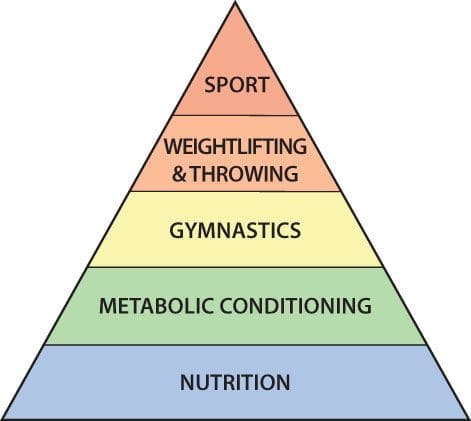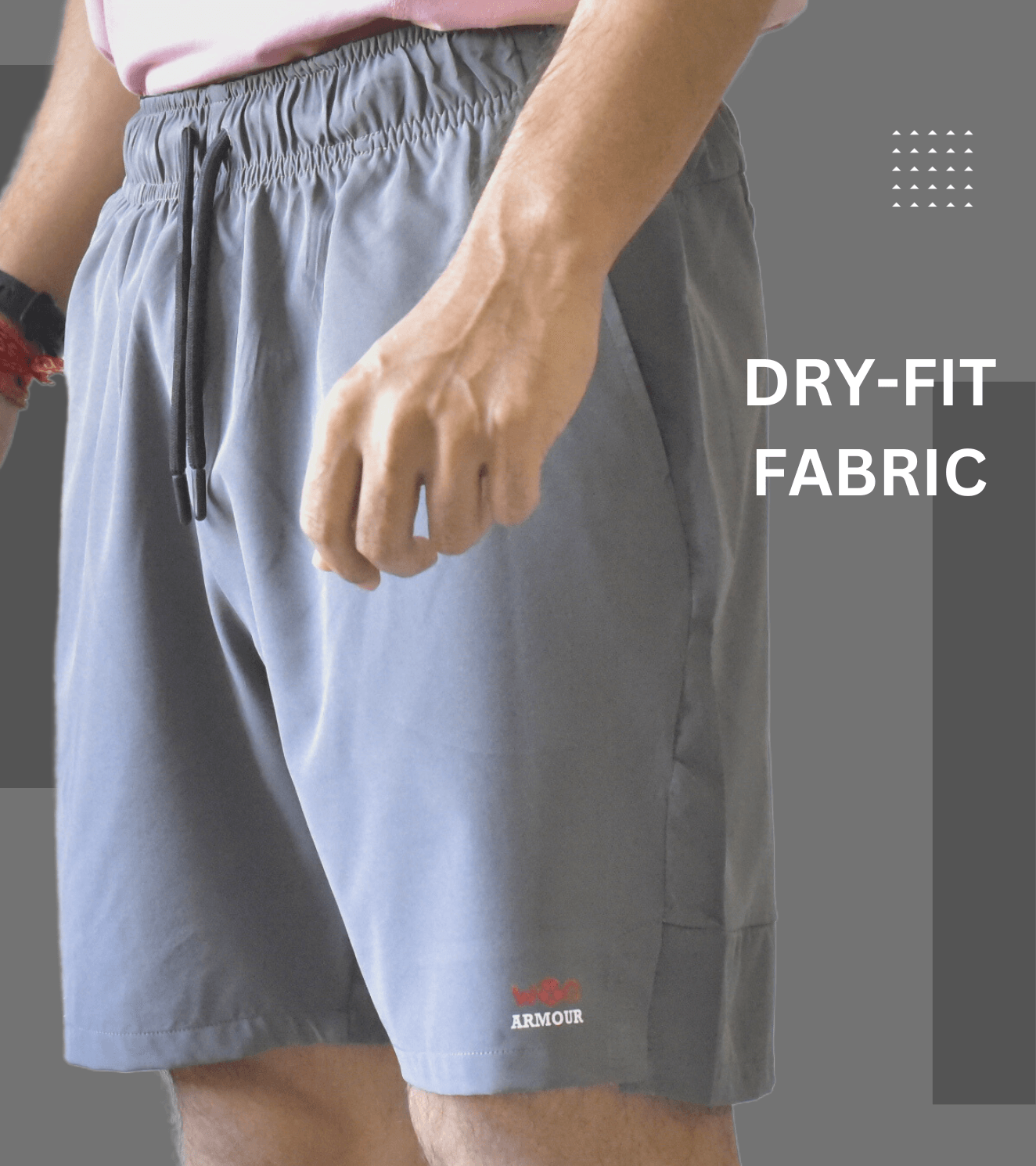
So what is the Ketogenic diet? What does it involve? And will it help you reach your particular goals for fat loss, performance, recovery and general health?
Have you heard of the ketogenic diet?
The keto diet was originally developed by Dr. Russell Wilder in 1924 as a way to combat epilepsy.
As a ketogenic diet coach, I have helped lots of people, including athletes over the years transform their physical and mental health conditions using the ketogenic diet. So, I thought I would share with you my experience with keto and some of the benefits of the diet you probably did not know about its success rates with athletes, and particularly those who are undergoing a CrossFit program.
What is the Ketogenic Diet?
Before we explain why keto is beneficial for crossfit, I guess I should properly explain what it is. Basically, this diet is a low carbohydrate, high fat and adequate protein diet. The ketogenic diet can help a person lose weight and improve his or her overall health, reduce blood sugar and stabilise insulin levels in the body.

Crossfit pyramid with nutrition at the base
© CrossFit IncThe ketogenic diet, sometimes called keto, share a few similarities with the Atkins Diet or the low-carb diet. The idea is that energy is burned from fats and proteins rather than from carbs. The reduction of carbs in your nutritional intake can put you in a state referred to as “ketosis.”
How does the ketogenic diet work?
Ketosis occurs when you eat a low carb (less than 50 grams) high protein diet, which in turns makes your body run out of glucose, which it uses as fuel.
The body has no option other than to start breaking down the available proteins and fats to use for energy, creating molecules known as ketone bodies. These ketones replace glucose and are used as fuel by the muscles and the brain. This process can in return cause weight loss.

A study conducted by The National Institute of Health revealed that the brain prefers ketones to glucose. Certain individuals may operate more efficiently on ketones than glucose. I hear a lot of people complain that although they do not eat a lot of food, they still get fat. Listen carefully because this is why. You might not be eating a lot, but what you are eating may be loaded with excessive carbs.
So, why go keto?
The ketogenic diet benefits include:
- Helps to reduce appetite – Hunger is one of the major problems most people face when dieting. It is why most people quit their diets after just a couple of days. One of the things about the low carb diet is that it reduces your appetite like your stomach has shrunk. You won’t have room for seconds trust me.
- It helps to regulate blood sugar and insulin levels – When you eat carbs, they break down into simple sugars, enter the bloodstream and elevate sugar levels. To control the blood sugar spike, the body has to produce lots of insulin. If you are insulin resistant, this is going to be a problem. But with a ketogenic diet, the body’s blood sugar would have no need to rise up or to be disturbed.
Aside from these benefits the diet also helps to: reduce blood sugar, reverse cases of metabolic syndrome, and are therapeutic for the brain. The ketogenic diet can also be used to prevent lots of other ailments too such as; cancer, heart disease, acne, diabetes, epilepsy, polycystic ovary syndrome and more.
It is also known to help enhance the performance and endurance of athletes when they train. So finally let me explain how keto can work in with crossfit like a match made in heaven.
Effects of the ketogenic diet on Crossfit Athletes
Crossfit athletes are one of the toughest athletes of all time. They lift heavy weights and do rigorous cardio counteractively on a daily basis to build up their strength and performance levels.
These athletes need the endurance of a runner and the strength of a powerlifter, and typically their performance would be aided on a carbohydrate rich diet.

Find what works for you?
© RX'd PhotographyHowever, a six-week study was carried out at James Maddison University on the effect of low-carb diets on a crossfit program. In the study, 27 individuals were separated into two separate groups randomly. One group was fed a traditional diet for athletes and the other a ketogenic diet. The results showed that the group on the low-carb ketogenic diet lost an average of 3.5kg, 3% body fat and nearly 3kg of fat body mass.
And what about their performance are you asking? Well, it is of reasonable belief that a high-intensity workout typical of a crossfit athlete would require a high carbohydrate intake for strength. But, the study revealed that both groups of individuals showed improved performance to the same degree in several tasks such as pull-ups, squats, sit-ups, etc.
The loss of body fat and lean muscle mass helps you to carry out the workout more effectively and easily. The energy in the ketones produced by the body can actually produce more energy per molecule.
While the ketogenic diet is great for athletes, there is some caution that the dieter should be aware of before getting started. Professionals recommend that exercise intensities that go for really long in keto-adapted athletes can cause some impairment due to a prolonged state of unavailable and much-needed carbohydrates.
Final Thoughts
The keto diet promotes lots of positive changes in the body. It facilitates weight loss and helps to prevent and treat the body from any ailments, some which include cancer, prediabetes, and several types of metabolic syndromes.
The ketogenic diet can certainly help crossfit athletes to build endurance and reduce body weight. While carbohydrates are be a good source of fuel to be taken for high-intensity workout athletes to increase performance, the keto diet does generally not contribute to a loss in performance.
SOURCE BOXROX
BY JOHN MIMMS



